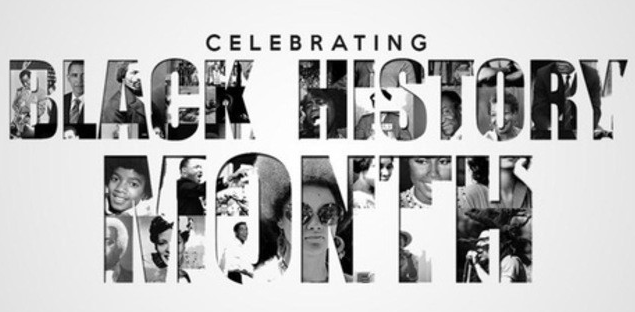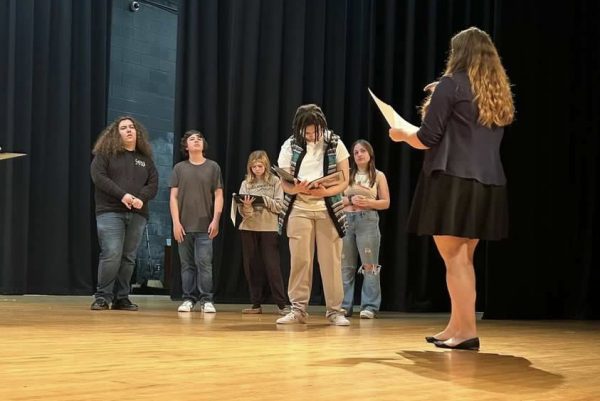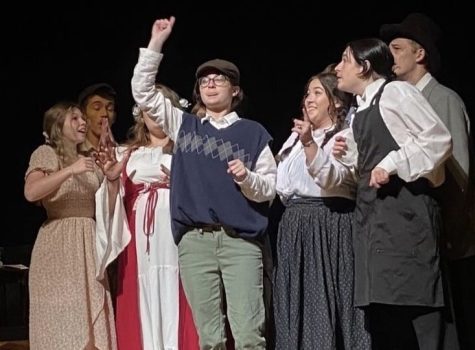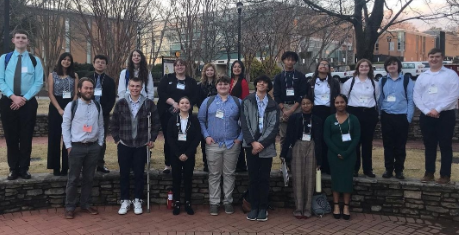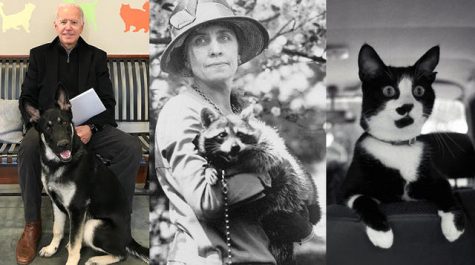Honoring Black History Month
After founding The Journal of Negro History and the African-American-owned Associated Publishers Press, Harvard scholar Dr. Carter G. Woodson sought to establish a national appreciation for the contributions of Black Historical Figures. In February 1926, Woodson created Negro History Week in order to commemorate the birth of Frederick Douglass and Abraham Lincoln and was expanded into Black History Month in 1970. Like all communities, Bartow County has benefitted from the contributions of its African-American citizens. Below are just a few African-Americans who helped Bartow County grow into the place it is today.
- Walter A. Johnson, a Cartersville native, was forced to drop out of Summer Hill school to support his mother and his 6 younger siblings. Later he served in the US Navy. In 1947, with no formal high school education, Johnson, who aspired to become a teacher, was admitted to Morehouse College. After graduating in only 3 years, Johnson returned to Cartersville to devote his life to educating the children of his community. He began his career as a principal at Bartow Elementary, which served African-American students. However, after Bartow County school were fully integrated in 1969, he was named principal to the predominately white Cass Elementary. Believing in the power of education, Johnson continued his by obtaining a Masters degree from Atlanta University and Fellowships from the University of Texas and Vanderbilt University.
- Susie Wheeler, a Cassville native, was a teacher at Adairsville High School in Bartow County. After receiving her doctorate from Atlanta University, she worked as a Jeanes Supervisor, a superintendent for a rural African-American school in the segregated south. Upon the integration of the Bartow County School System, Dr. Wheeler worked to make the transition smooth and peaceful, as well as to preserve the historic Noble Hill school building, which is now the Noble Hill-Wheeler Memorial.
- Washington W. King, born a free man in Alabama, came to the Atlanta area to start his own business as a bridge builder. In 1886, Bartow County commissioned King and one of his partners to build a bridge over the Euharlee River, and that bridge still stands today as the Euharlee Covered Bridge.
- Reverend Jackey Beavers was born and raised in Cartersville, Georgia. He joined the Air Force after high school and began singing in military talent shows, which led him to move to Detroit, where he became an unsung pioneer of soul music. Beavers eventually returned to Cartersville, where he worked as a respected minister and executive assistant to Governor Joe Frank Harris.
- Eddie Lee Wilkins was a Cartersville native who went on to play professional basketball as a forward/center for the New York Knicks and the Philadelphia 79ers. He played in the NBA for a total of six seasons, scoring 1,534 career points. After injuring his Achilles tendon in a game, Wilkins retired from basketball and returned to Cartersville to start the Eddie Lee Wilkins Foundation, which provides athletic and social intervention activities for local youth. The program still exists today as the Eddie Lee Wilkins Youth Association.
- Summer Hill Segregated School and Community was a part of Cartersville from the nineteenth century up until the Civil Rights Movement. It was a tightly-knit, segregated community which included schools, churches, and stores. Summer Hill fostered intense poverty and inequality, but it was able to flourish for four generations and produce some of the most influential African-American leaders in Georgia, including Georgia’s first black Supreme Court justice, Robert Benham.
- John Henry Morgan was a member of the Tuskegee Airmen, the nation’s first black military airmen. Morgan lived in Bartow County and graduated from Summer Hill school. The Tuskegee Airmen were rewarded with 150 Distinguished Flying Crosses for their service.
- John Lloyd Atkinson was another member of the Tuskegee Airmen who, after returning from WWII, sought to establish a recreational facility for African Americans. The State Parks Departments granted him 1,457 acres of land that would become Red Top Mountain State Park, and the segregated portion of the park was known as George Washington Carver State Park. This was the first African-American State Park in Georgia. The Carver State Park became a recreational center and safe haven for the black community. Today, the state parks are integrated into Red Top Mountain and Bartow-Carver Park, better known as Bartow Beach.
- Coach Matthew Hill was a teacher, coach, assistant principal, volunteer, and mentor to the people of Bartow County. Coach Hill was a graduate of Summer Hill High School, Clark Atlanta University, and West Georgia College. He began teaching high school at his alma mater before transferring to the Cartersville City School system, where he was a teacher, coach, and eventual Assistant Principle. Coach Hill served on the State Senate and worked for the Advocates for Bartow Children, and he could be found volunteering regularly until his death in 2009.
- The Black Pioneer Cemetery, located on Covered Bridge Road, was used for slave burial prior to the Civil War. Over 300 of the graves there have been identified, but many of them are unmarked or marked only by wooden crosses. About 15 years ago, Euharlee began an effort to mark more graves and preserve the historic cemetery, and today it is publicly accessible through a marked trail at Euharlee Presbyterian.
- The New Frontier is a local civic organization centered upon the betterment of the citizens of Bartow County. Specifically, the organization focuses on improving job opportunities for African-Americans and bettering the county educational system. The New Frontier recently celebrated its 50th anniversary of serving the community through scholarships, food banks, and service projects.
- The Les Savants Club was the first black civic organization in Bartow County. The organization seeks to serve the community by providing scholarships for struggling students, donations to various local organizations, and gifts to the sick and elderly in the community. Les Savants Club is comprised entirely of women and has been in service since 1950.
Not only have African-Americans played an important role in our local communities but also for the nation at large. In thanks to the many outstanding contributions of African- Americans, The Cass High Trumpet hopes we all take time to show appreciation for Black History. The Trumpet would also like to extend a very special thank you to Mrs. Amanda Wilbon for sharing her extensive knowledge and resources with us.




